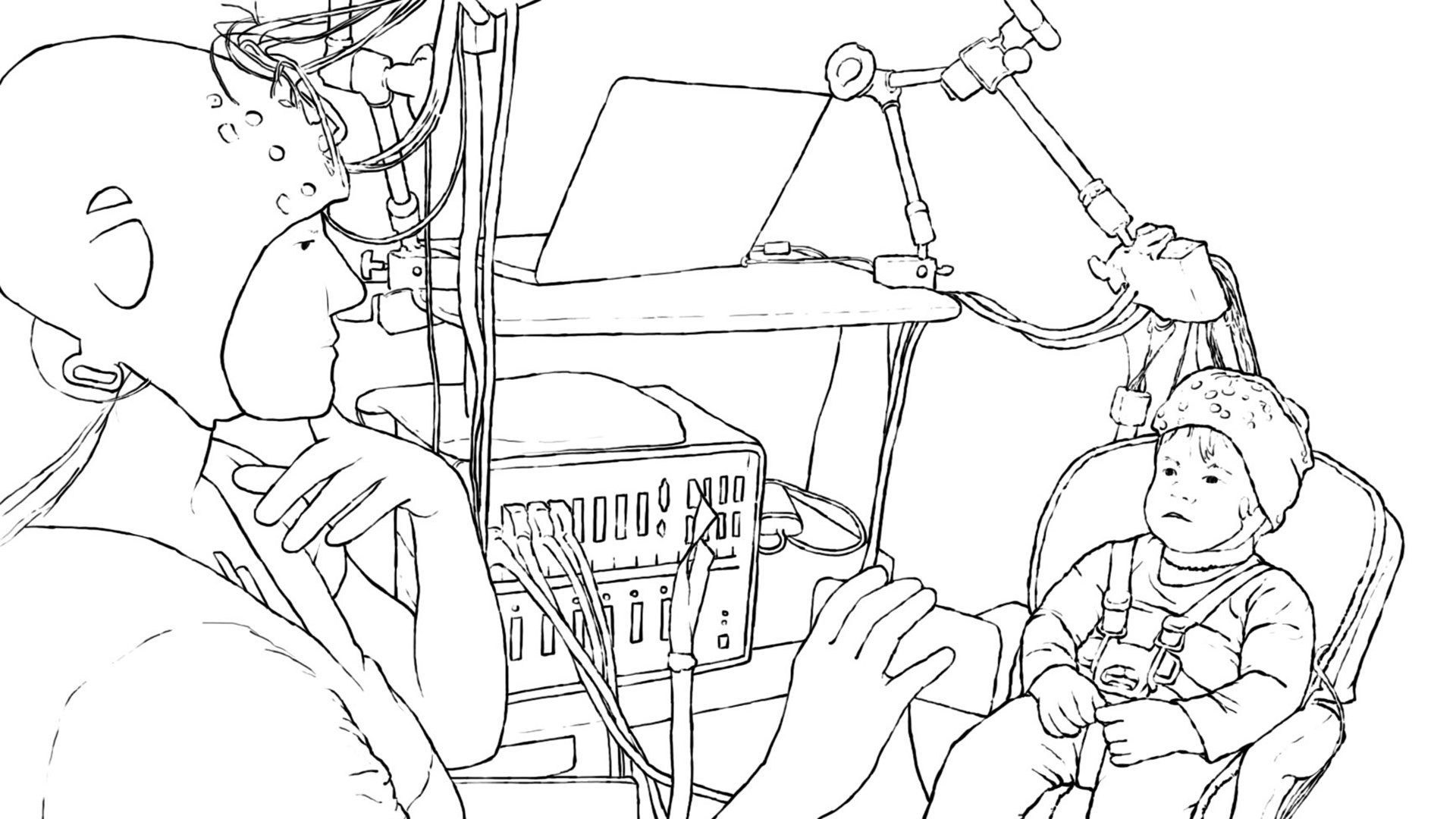Children’s Health and Therapeutics
Child health from a holistic perspective: social, psychological, environmental, and biological. We combine all aspects of research to improve the quality of life of children and their families, through health-related policies and programs.
Overview
Partners
Why Our Research is Important
Research Activities
Educational and Training Opportunities
Our Scientists

Overview
The Division of Children’s Health and Therapeutics focuses on four major areas of population health and clinical research:
- Social and psychosocial determinants of children’s health
-
The quality of life of children with chronic illnesses
-
The development and evaluation of novel therapies and clinical interventions for infants and children
-
Paediatric clinical pharmacology
We are currently focused on the Quality of Life Initiative that's supported by Children’s Health Foundation.
As part of the Quality of Life Initiative, our researchers are ensuring that children who live with chronic illness everyday are not just living longer but that their quality of life will become an integrated component of their care and treatment. This initiative includes:
- a national, multi-centre study of the quality of life among families with a child or youth who has epilepsy;
- studying how socio-economic disadvantages and environmental factors affect the well-being of children in our communities;
- investigating alternative clinical approaches to the treatment of children’s traumatic brain injuries;
- the health consequences of low birth weight;
- interventions for children with sleep problems; and
- environmental and genetic risk factors for children’s emotional health.
Partners
Scientists and Associate Scientists all have academic appointments at Western University and many are also affiliated with the Lawson Health Research Institute. These appointments provide Scientists with their infrastructural support.
Many scientists are affiliated with the Centre for Research on Social Inequality in the Department of Sociology at Western University. This connection provides substantial opportunities to network with other social science and population health researchers and to participate in training workshops associated with the Research Data Centre.
The Division also has a strong connection to the Translational Research Centre located in the Victoria Research Laboratories. This facility provides biobanking of tissue specimens, access to databases, and support for bioethics applications. Through researchers who focus on personalized medicine, the Division is also connected to the Canadian Pharmacogenomics Network on Drug Safety.
Why Our Research is Important
Understanding children’s health and illnesses and the optimal treatment of these illnesses require a multidimensional approach. We need to know more about the social, psychological, environmental, and biological factors that put children at risk of illnesses. By creating multidisciplinary research teams, we can start to unravel the complexities of the risk factors and develop a better understanding of risk and protective factors for children’s health.
For children with chronic illnesses, it is important to address their quality of life and develop effective ways to treat their illnesses. With multidisciplinary research teams, we can make important strides in improving the quality of life for these children. Our aim is to translate population health research and clinical research on children’s health into child-friendly health policy and optimal care for children.
Research Activities
For information on current research activities of all CHRI Scientists and Associate Scientists please refer to their individual profiles via the link in “Our Scientists” below.
Educational and Training Opportunities
The Scientists in the Division of Children’s Health and Therapeutics participate in a number of initiatives that provide unique training opportunities, including:
Canadian Child Health Clinician Scientist Program (CCHCSP) is a Strategic Initiative in Health Research (STIHR) Program funded by the Canadian Institutes of Health Research. It provides doctoral and post-doctoral fellowships and career awards to child health clinicians who wish to pursue a clinician-scientist career in children’s health. For more information, visit www.cchcsp.ca.
Our Scientists
Our researchers include epidemiologists, sociologists, and health geographers who study population health, psychologists who are interested in development and clinical issues, to neurologists, cardiologists, endocrinologists, and pharmacologists whose research focuses on clinical investigations. This broad range of expertise provides opportunities for unique and collaborative research.
Chair, Children's Health and Therapeutics: Dr. Naveen Poonai

Dr. Naveen Poonai is a pediatric emergency care specialist researching acute pain management in children, especially abdominal and musculoskeletal pain, as well as the use of sedation in emergency procedures, pain management strategies, and patient outcomes.
